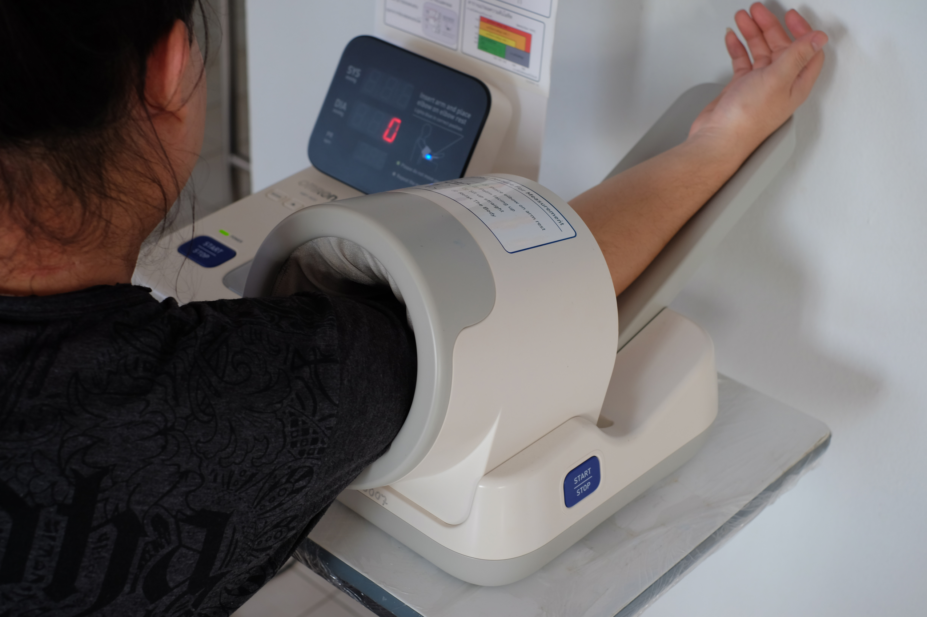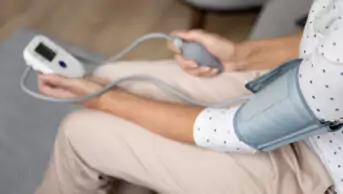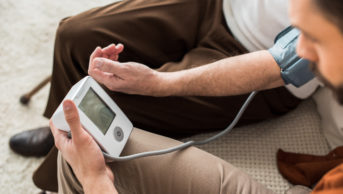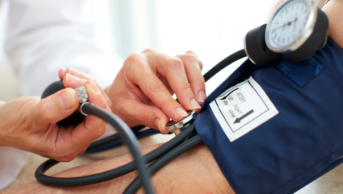
Shutterstock.com
Taking antihypertensive medicines at night rather than in the morning improves blood pressure (BP) control and reduces the risk of cardiovascular disease (CVD) events, study results published in the European Heart Journal suggest (22 October 2019)[1]
.
The research involved 19,084 patients who were taking at least one antihypertensive medicine and were randomly assigned to take the entire daily dose at bedtime or upon waking. The patients’ 48-hour ambulatory BP (ABP) monitoring was undertaken at least once per year.
Over a median follow-up of 6.3 years, the risk of a major CVD event (adjusted for confounding factors, such as age, sex, presence of type 2 diabetes mellitus, presence of kidney disease, smoking status and cholesterol levels) was found to be 45% lower in the bedtime group than the morning group. ABP control was also improved in these patients with significantly lower BP while asleep and greater likelihood of displaying a normal night-time dip in BP.
The researchers said that doctors commonly recommended taking antihypertensive medication in the morning, despite no research linking morning BP to the risk of CVD.
By contrast, the team wrote that in their study, “progressive decrease in the asleep [systolic] BP mean during the 6.3 years of follow-up was the most significant predictor of reduced CVD risk, beyond the prognostic value of other associated conventional risk markers”.
References
[1] Hermida R, Crespo J, DomÃnguez-Sardiña M et al. Bedtime hypertension treatment improves cardiovascular risk reduction: the Hygia Chronotherapy Trial. Eur Heart J 2019:ehz754. doi:10.1093/eurheartj/ehz754


